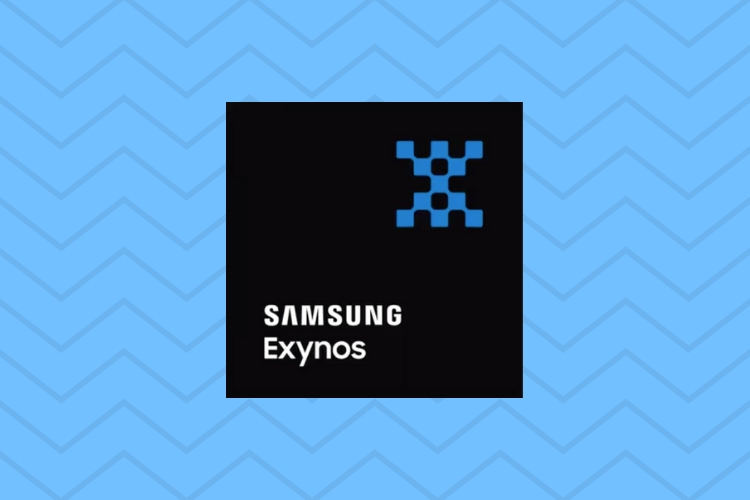Nearly a year ago, reports of Google developing its own chipset for use in Pixel phones as well as Chromebooks surfaced online. It was revealed that Google and Samsung are partnering up for a custom Exynos chipset codenamed Whitechapel. Well, it looks like those rumors did have some merit. A recent 9to5Google report suggests that this year’s Pixel 6 will be powered by a Google-made mobile chipset.
Google is Making its Own Processors
As per the report, the Whitechapel chips are being manufactured in partnership with Samsung Semiconductor’s system large-scale integration (SLSI) division. The first Google-made chipset is internally referred to as GS101, where GS is possibly short for Google Silicon. And it will power the upcoming flagship Pixel 6, as per the documents reviewed by 9to5Google.
The document confirmed Google’s upcoming plans in regard to the Whitechapel chip. It also mentioned the codename ‘Slider,’ which was previously spotted in the Google Camera app code. It is expected to be a “shared platform for the first Whitechapel SoC,” as per the report.
Google Whitechapel Chipset Specifications
Though the latest report does not mention the specifications, we learned about them as early as April last year. The Google chipset will be built on Samsung’s 5nm LPE node process. It will be an octa-core processor with 2x Cortex-A78 cores, 2x Cortex-A76 cores, and 4x Cortex-A55 cores. It will also include a Samsung ISP, AI Engine, and the Pixel Visual Core for added benefits on the Pixel 6.

If this turns out to be true, then the GS101 SoC will take on the likes of Snapdragon 780G in the premium mid-range segment instead of the Qualcomm Snapdragon 888. It will be placed under Qualcomm’s flagships, much like Exynos chipsets, in terms of performance.
One of the biggest benefits of the custom chip will be extended software support. The company will no longer have to rely on Qualcomm for driver updates. It will finally be able to promise up to five years of Android updates, much like Apple’s iOS. It will then beat Samsung’s recent decision to provide four years of updates to many of its devices.
So yeah, Google is finally looking to take a page from Apple’s playbook and build its own tightly-knit hardware ecosystem. The Whitechapel chips will not be restricted to just Pixel smartphones and will most likely find their way into Chromebooks, smart speakers, and other hardware projects in the coming years. So, are you excited about the launch of Pixel 6 in the fall this year?











Unless it runs Android, it is a win-win